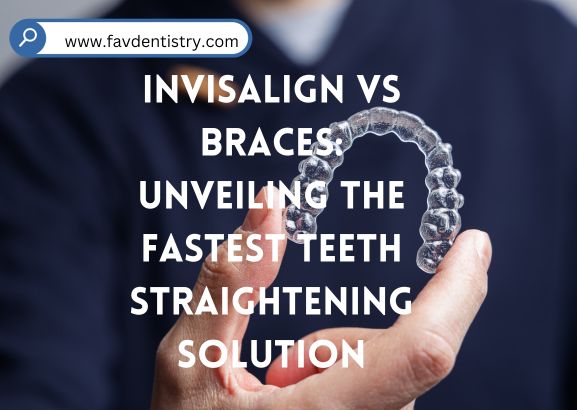Last Updated on 3 weeks by DR. ALBIN SIPES
Damon braces have a few disadvantages, including potential discomfort and higher cost than traditional braces. Damon braces offer a promising solution for individuals seeking orthodontic treatment.
However, it is important to understand the potential drawbacks of this system. While damon braces may provide a more comfortable experience compared to traditional braces due to their self-ligating mechanism, some patients may still experience discomfort and soreness during the initial adjustment period.
Additionally, damon braces tend to be more expensive than traditional braces, which could be a significant disadvantage for individuals on a tight budget. Despite these disadvantages, damon braces remain a popular option for those seeking a discreet and efficient orthodontic treatment method.
1. Common Complaints And Challenges With Damon Braces
Damon braces, despite their benefits, come with some disadvantages. Many patients have common complaints and challenges when using them. One issue is the tightness and discomfort experienced throughout the treatment process. Patients might find this sensation bothersome. Another disadvantage is the longer treatment time compared to traditional braces.
Damon braces require more time to correct alignment and achieve desired outcomes. Lastly, there is a potential for temporary speech impairment with damon braces. Some patients may experience difficulty in speaking clearly due to the presence of the braces. Despite these disadvantages, it is crucial to consult an orthodontist to determine if damon braces are the right option for individual dental needs.
2. Limitations In Correcting Complex Dental Issues
Damon braces have some disadvantages when it comes to correcting complex dental issues. Specifically, they may be ineffective for severe overbites due to their limited ability to rotate teeth. Additionally, they may face challenges in correcting gaps in teeth. While damon braces offer many benefits, it is important to consider these limitations before undergoing treatment.
If you have a severe overbite or large gaps between your teeth, it may be necessary to explore alternative orthodontic options. Consulting with an experienced orthodontist will help you determine the best treatment plan for your specific needs. Remember, an informed decision is crucial for achieving your desired smile transformation.
Frequently Asked Questions For Damon Braces Disadvantages
Can Damon Braces Cause Discomfort During Treatment?
Yes, damon braces can cause some discomfort as they apply pressure to move teeth. However, the discomfort is typically mild and temporary, and patients can use over-the-counter pain relievers to manage it.
Can I Eat All Foods While Wearing Damon Braces?
While wearing damon braces, it is advisable to avoid sticky and hard foods that can damage the wires or brackets. It is best to stick to a diet that includes soft foods and avoids items like popcorn, gum, and hard candies.
Do Damon Braces Take Longer To Straighten Teeth Than Traditional Braces?
No, damon braces do not generally take longer to straighten teeth compared to traditional braces. In fact, the self-ligating system used in damon braces can lead to faster treatment times in some cases.
Can Damon Braces Cause Speech Difficulties?
There may be a temporary adjustment period where speech may be affected. However, most patients adjust quickly to speaking with damon braces, and any speech difficulties are typically resolved within a few days or weeks.
Are Damon Braces More Expensive Than Traditional Braces?
Damon braces may be slightly more expensive initially, but some dental insurance plans cover them. Additionally, the potential for shorter treatment times with damon braces can help offset the cost and make them cost-effective in the long run.
Conclusion
To summarize, while damon braces offer several advantages such as shorter treatment times and improved aesthetics, they do have their fair share of disadvantages. One significant drawback is the higher cost compared to traditional braces. Additionally, discomfort and difficulty in adapting to the damon system may initially be experienced.
Maintaining good oral hygiene can also be more challenging with these braces due to their design. It’s important to note that damon braces may not be suitable for everyone, especially those with severe orthodontic corrections. However, the decision ultimately lies with the orthodontist and the patient, taking into consideration their specific needs and preferences.
Overall, while damon braces may not be perfect, their benefits can still outweigh the disadvantages, leading to a beautiful and healthy smile in the end.





